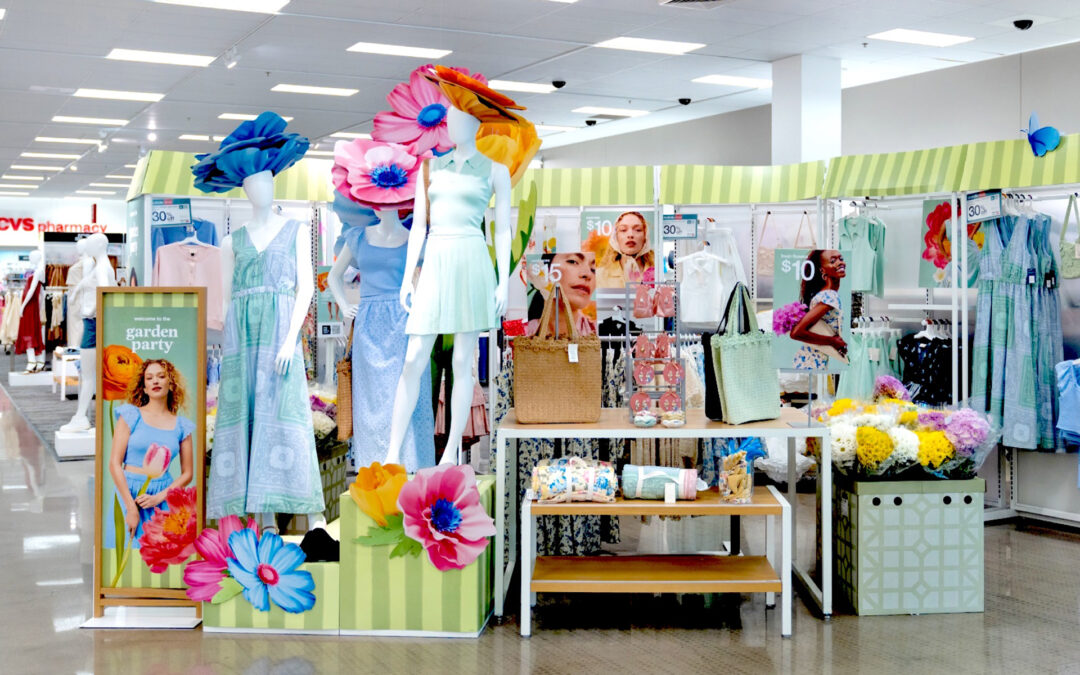January experienced a decrease in consumer confidence from December, according to The Conference Board.
Its Consumer Confidence Index slipped to 113.8 down from 115.2 in December. An index rating of 100 suggests positive consumer confidence.
The Present Situation Index, based on consumer assessment of current business and labor market conditions, improved to 148.2 from 144.8 in December, the Conference Board noted, but the Expectations Index, based on the consumer short-term outlook for income, business, and labor market conditions, declined to 90.8 from 95.4.
Rating the present situation, 21.1% of consumers said business conditions were good, up from 19.4%, and 25.6% of consumers said business conditions were bad, down from 27.1%.
Consumer assessment of the labor market was mixed. At the same time, 55.1% of consumers said jobs were plentiful, down from 55.9%, still a historically strong reading, the Conference Board stated, while 11.3% of consumers said jobs were hard to get, down from 11.7% in December.
Asked to look out six months, 23.8% of consumers said they expect business conditions will improve, down from 25.4% from December, the Conference Board pointed out, while 19% expect business conditions to worsen, up from 18.6%. As they considered short-term prospects, 22.7% of consumers said they expect more job availability in the months ahead, down from 24.2%, while 15.7% anticipate fewer jobs, up from 14.7%.
Then, 16.7% of consumers expect their incomes to increase, the Conference Board indicated, down from 17.5%, and 12.4% expect their incomes will decrease, up from 11.2% in December.
“Consumer confidence moderated in January, following gains in the final three months of 2021,” said Lynn Franco, senior director of economic indicators at The Conference Board, in announcing the numbers. “The Present Situation Index improved, suggesting the economy entered the new year on solid footing. However, expectations about short-term growth prospects weakened, pointing to a likely moderation in growth during the first quarter of 2022. Nevertheless, the proportion of consumers planning to purchase homes, automobiles, and major appliances over the next six months all increased. Meanwhile, concerns about inflation declined for the second straight month, but remain elevated after hitting a 13-year high in November 2021. Concerns about the pandemic increased slightly, amid the ongoing Omicron surge. Looking ahead, both confidence and consumer spending may continue to be challenged by rising prices and the ongoing pandemic.”





